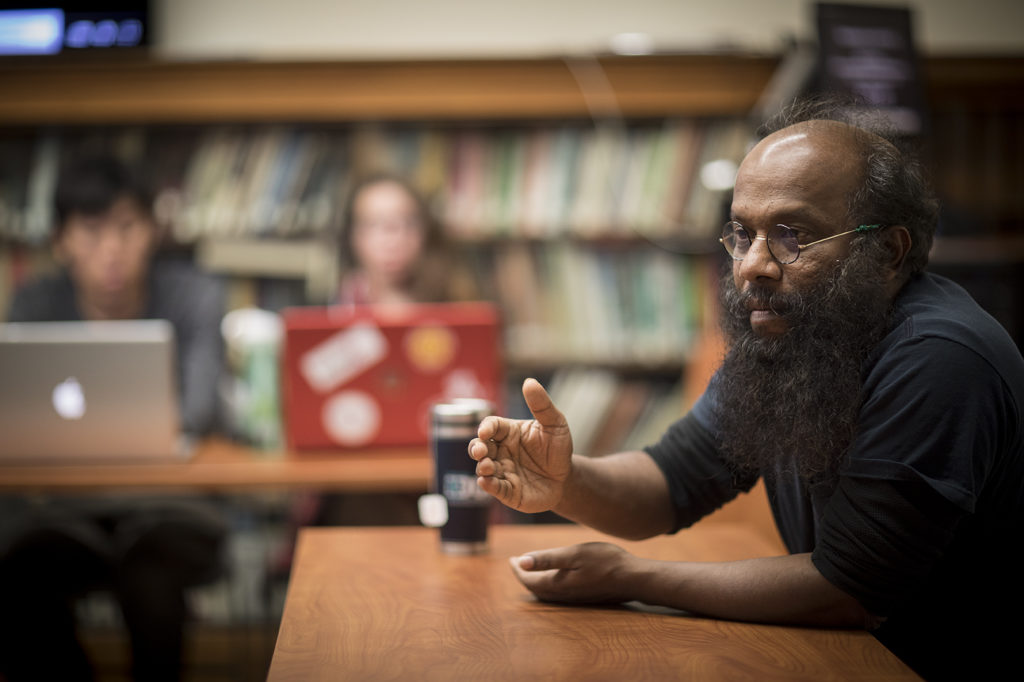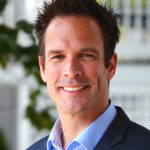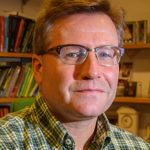Clark’s development studies programs rank No. 15 in world for academic reputation

Clark University ranks No. 15 in the world for development studies, based on academic reputation, according to the newest QS World University Rankings by Subject. The QS World University Rankings is an annual publication that seeks to identify the world’s leading schools for prospective students. The ranking places Clark within the same league as global leaders like University of Sussex and Australian National University.

“We are in really outstanding institutional company. There are amazing programs on this list and the fact that we’re on there is fair — it’s where we belong,” says Edward Carr, professor and director of Clark’s International Development, Community and Environment (IDCE) Department.
This year, Clark earns its highest score since the QS Rankings were first compiled in 2004; last year, the index ranked Clark No. 21. To compile their 2018 rankings by subject, QS surveyed over 75,000 academics worldwide, asking them to identify institutions they consider to be excellent for teaching and research in the discipline.
A longstanding collaborative effort between Clark’s Geography and IDCE departments has facilitated a rigorous and critical training of development studies students.
Clark’s Graduate School of Geography is home to the nation’s oldest, sustained doctoral program in the field of geography. Its faculty and students have contributed to development studies research for decades. Jim Murphy, professor of geography and editor-in-chief of Economic Geography, works at the intersection between geography and development.

“There’s a crisis of creativity in mainstream development,” Murphy says. “What Clark does is cultivate students who want to engage in a different way of approaching these problems.”
The University prides itself on an ability to address global challenges collectively, using a transdisciplinary model of study.
To encourage students to think about development from a variety of perspectives, Carr and IDCE faculty unveiled a re-designed department-wide curriculum earlier this year. The new curriculum allows students to select a thematic focal area, infusing concentrations that align with the department’s areas of expertise.
The QS ranking underscores the research strength of Clark’s highly respected faculty, including Richard Peet and Tony A. Bebbington, whose articles are not only published in top academic journals but heavily cited by scholars worldwide. As a peer-to-peer index, the QS ranking reflects the visibility of Clark’s research initiatives and the international footprint faculty are making in the field.
Celebrating the news of Clark’s global recognition, Carr looks toward the future with confidence.
“I expect us to be seen as the center for translational research on the world’s biggest challenges,” he asserts. “And I want to be seen as the best place on this side of the Atlantic to do it.”


